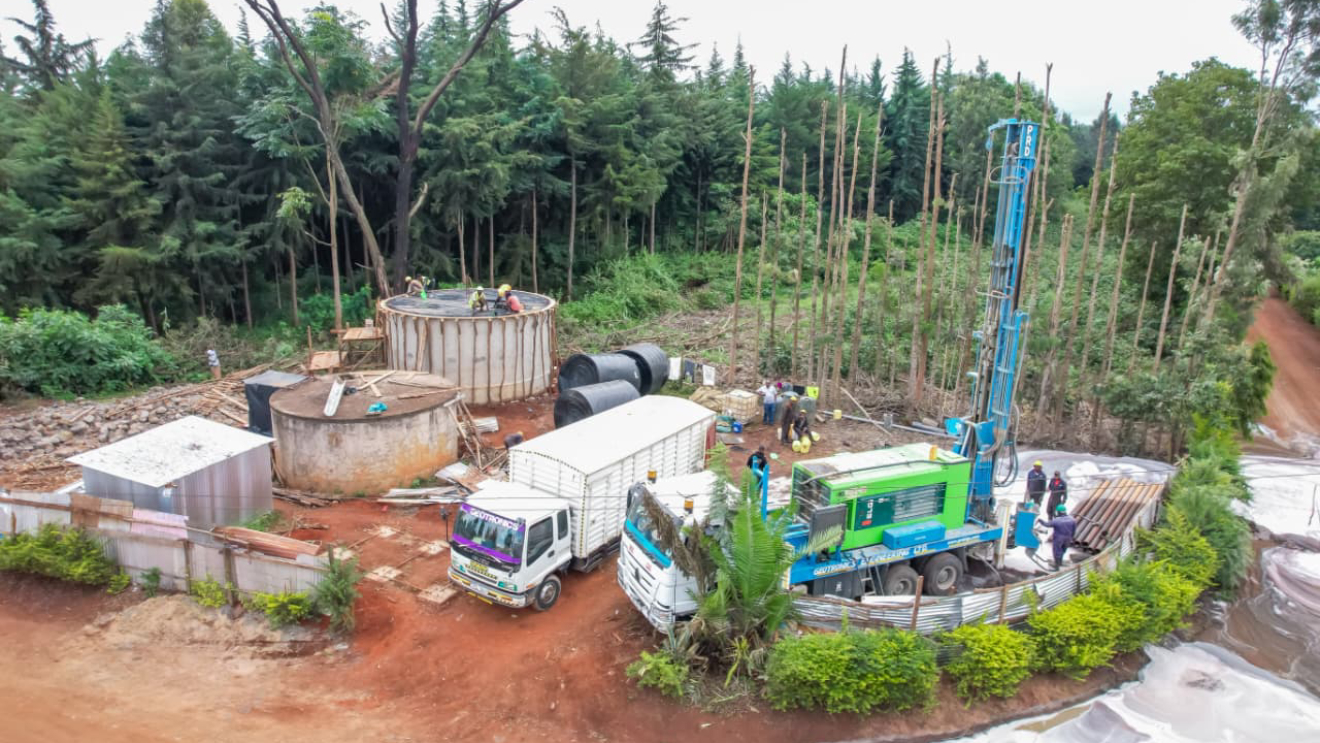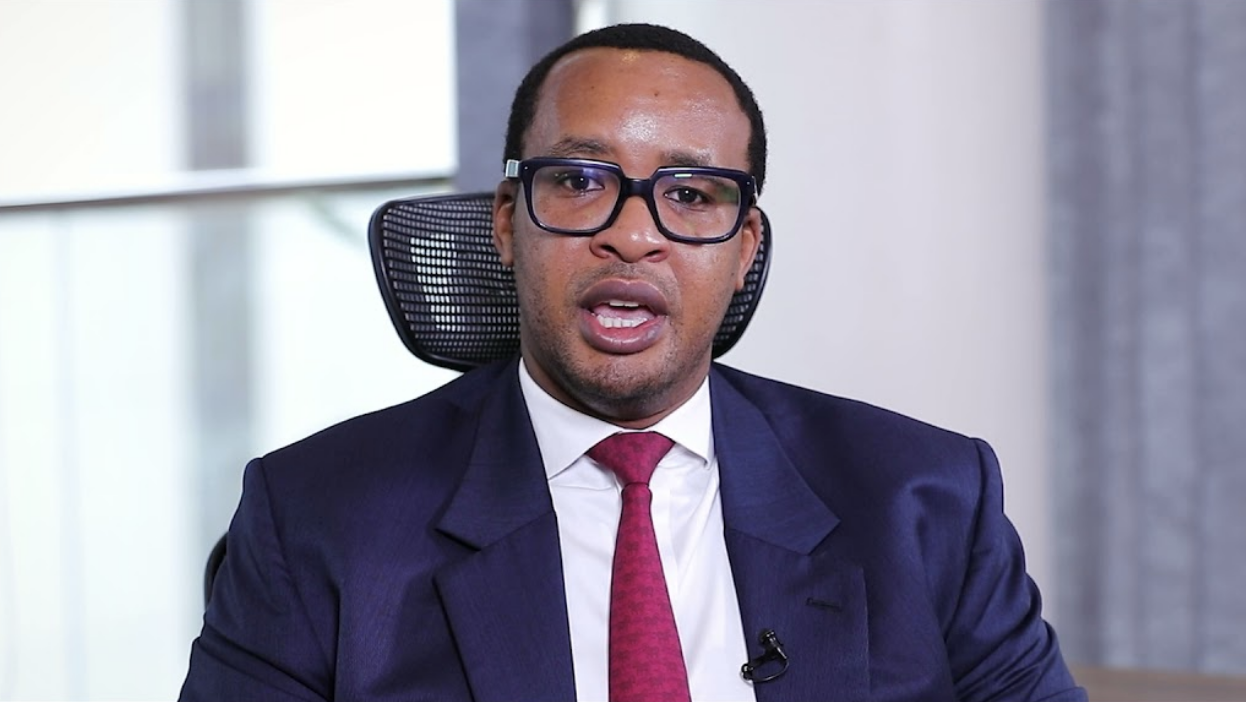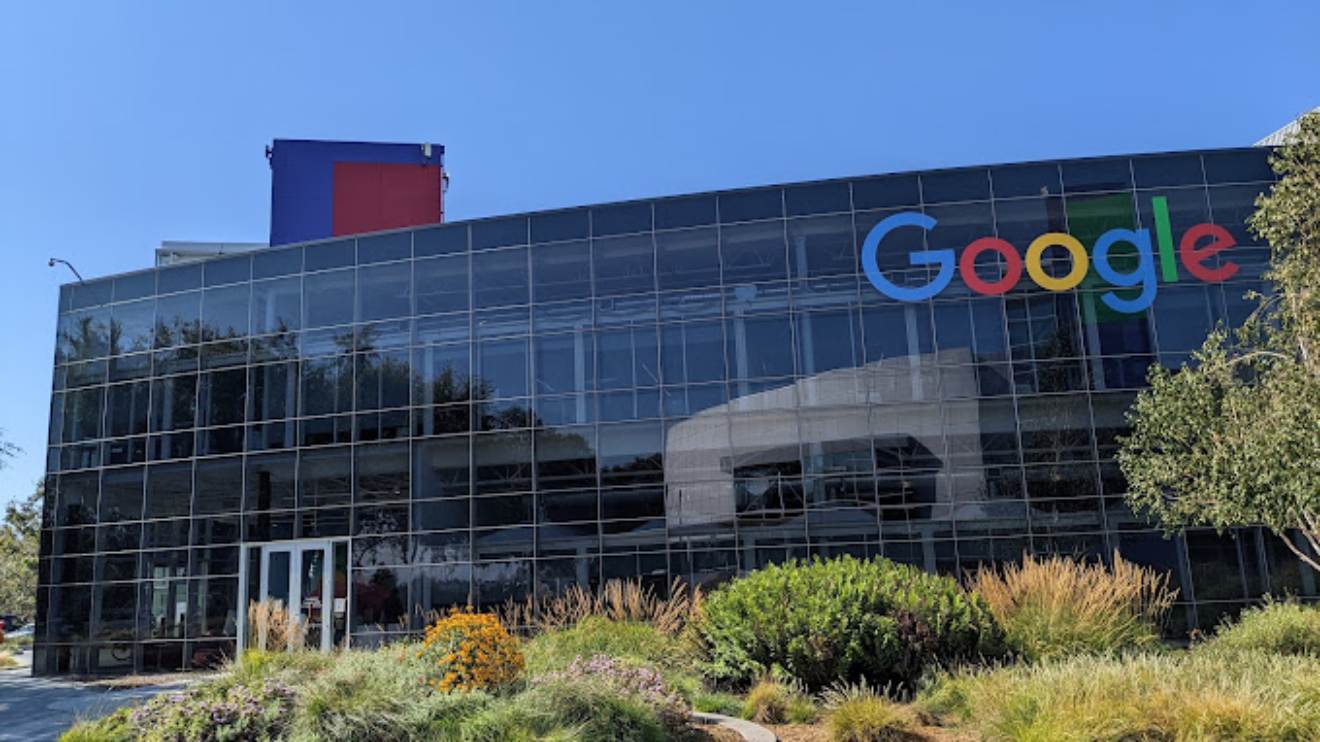More than 30,000 people in Kirinyaga are expected to gain steady access to clean water after Governor Anne Waiguru confirmed that 42 projects will be implemented across the county this financial year.
The schemes will be spread through all 20 wards, with each project designed to reach between 300 and 500 residents.
Waiguru emphasised that the programme is aimed at making safe water part of daily life for every household, farm, and school.
“Every home deserves safe water, every farmer needs irrigation support, and every child deserves to go to school without worrying about unsafe water. That is the future we are building for Kirinyaga,” Waiguru stated.
According to the county government, the projects will include drilling boreholes powered by solar, rehabilitating existing intakes, expanding pipe networks, and setting up water storage tanks.
Read More
Alongside this, the county is tapping into the Financing Locally-Led Climate Action (FLLoCA) Programme to support resilience against the effects of climate change, giving communities resources to run their own adaptive initiatives.
The latest announcement builds on work completed over the past year.
Kirinyaga delivered 37 water projects in the 2024/2025 financial year, among them Kiorugari Water Project in Nyangati, Rukenya Irrigation Project in Kabare, and Kugeria Water Project in Murinduko.
The county has also drilled six boreholes since last year and is in the process of adding five more.
County Executive Committee Member for Environment, Water and Irrigation, James Kinyua, said the impact of the projects is already visible.
“The Jiinue Rupingazi Water Project is among many others transforming livelihoods. Families now have water for both domestic use and irrigation,” he said.
The changes are being felt in schools and households.
At Kamucege Primary School in Gathigiriri Ward, a borehole now serves 420 pupils.
Principal Charles Weru noted, “Before this borehole, learners were constantly missing school due to bilharzia and stomach infections from contaminated water. Since clean water was made available, attendance has improved and learning hours are no longer lost.”
Local residents describe the shift as life-changing. In Bahati and Kamucege villages, more than 700 households are now directly connected to water.
One resident, Florence Muthoni, recalled past struggles.
“We used to fetch water from canals using donkeys or carry it on our backs. Now we have taps at home. Women are less tired, our homes are cleaner, and our kitchen gardens are thriving,” she said.
Traders have also noticed benefits. From Kibingo in Inoi Ward, market vendor John Wachira pointed out that access to clean water has improved farming output.
“This borehole serves more than 1,200 people. Even during the dry season the supply is steady. Customers at the market appreciate the fresh produce grown with clean water,” he explained.
Beyond drilling, the county has distributed 20 tanks of 10,000 litres each to community groups, encouraging rainwater harvesting.
The tanks are supporting households to grow vegetables, improve diets, and lower food expenses.
Waiguru said the water programme remains one of her top priorities, linking it directly to better health, stronger farming, and improved living conditions for Kirinyaga residents.






 shares a light moment with the company's Group CEO Dr Patrick Tumbo (right) at a past event-1758121528.jpeg)